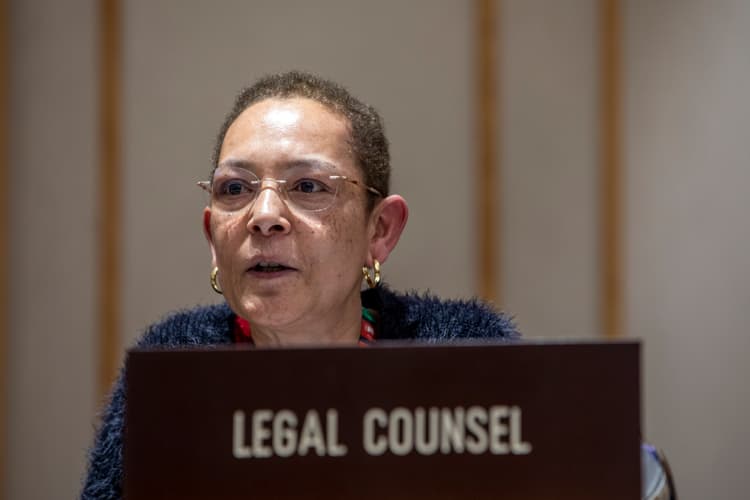From your perspective, what set of skills do you find valuable for your current work at FAO? Any tips you can share with potential applicants who are considering joining FAO?
Flexibility. The breadth of FAO’s mandate means that you can never tell what issue will land next in your inbox. I have to constantly readjust my to-do list to reflect current priorities, while reserving time for those things that are very important even if not time-sensitive. My advice to potential applicants is that your priorities should not be set by who shouts loudest but by what is the most important matter for the Organization as a whole; don’t let anyone other than you or your supervisor set your daily agenda. Also, focus on making sure that your fundamental skills (analysis, technical knowledge, drafting etc) are as good as you can make them so you can offer solutions to different situations. If you are technically strong, you can adapt your knowledge to address anything that arrives in your inbox.
How do you define your leadership style, and how has it evolved over the years?
I try to be accessible, to listen and to give my colleagues the best conditions I can to help them discharge their functions. I have high expectations regarding technical quality. Previously, I was more involved in collaborating on individual matters, meeting often and providing too many suggestions in track changes! Nowadays, I rely greatly on my colleagues’ judgement, knowing that they are all professionals – including those performing administrative functions – with the expectation that they will discharge their functions with integrity and the highest technical ability. While I still maintain an open-door policy, I reserve some time – typically in the early mornings – to address my own tasks.
How do you maintain a healthy work-life balance, especially in a demanding senior role?
I don’t! But I try to make space for life beyond the office; time with family and alone is therapeutic. I aim not to work on weekends. During the week, I try to leave work behind when I leave the office. This is not always possible, but it is important to me and my family that we have time for each other. While I must check all emails and messages that come through on weekends, if they are not urgent, I will not address them until the working week (and take this opportunity to encourage everyone to refrain from sending colleagues non-urgent emails on non-working days!).
